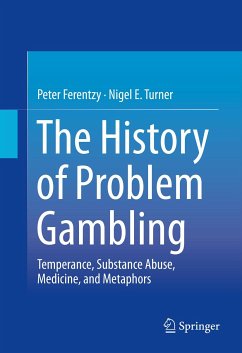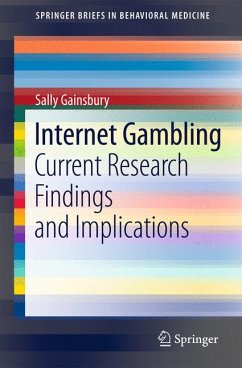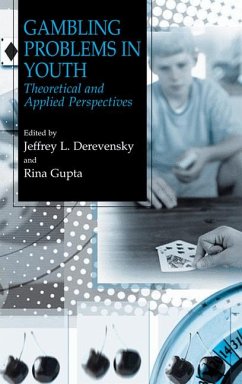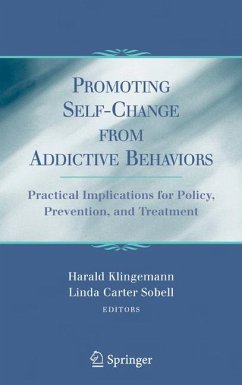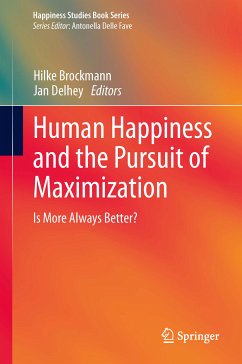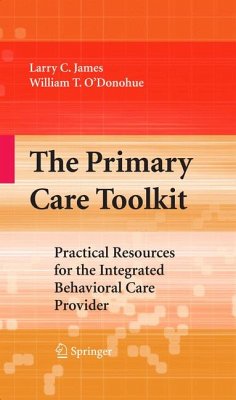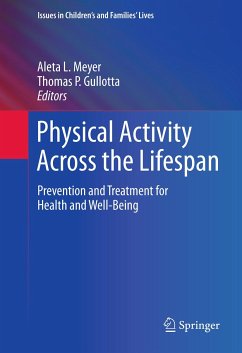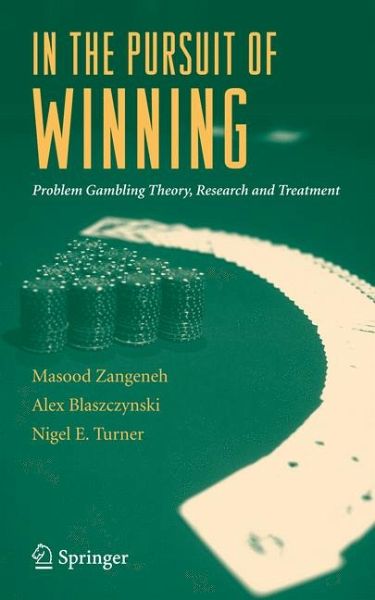
In the Pursuit of Winning (eBook, PDF)
Problem Gambling Theory, Research and Treatment
Redaktion: Zangeneh, Masood; Turner, Nigel; Blaszczynski, Alex
Versandkostenfrei!
Sofort per Download lieferbar
72,95 €
inkl. MwSt.
Weitere Ausgaben:

PAYBACK Punkte
36 °P sammeln!
As gambling outlets become easier to find, more-and younger-people are risking their finances, family lives, and health. This book brings together an international panel of 35 experts to present theoretical, clinical, sociological, historical, and spiritual perspectives on problem gambling, and to test popular addiction and disease models in the field. Early chapters examine the general psychology of gambling, before moving on to the irrational ideas associated with compulsive wagering, from belief in luck to illusions of control. The seven chapters in the second half are devoted to evidence-b...
As gambling outlets become easier to find, more-and younger-people are risking their finances, family lives, and health. This book brings together an international panel of 35 experts to present theoretical, clinical, sociological, historical, and spiritual perspectives on problem gambling, and to test popular addiction and disease models in the field. Early chapters examine the general psychology of gambling, before moving on to the irrational ideas associated with compulsive wagering, from belief in luck to illusions of control. The seven chapters in the second half are devoted to evidence-based interventions from a variety of clinical orientations. Case examples, Q&A sections, and a glossary add extra readability to the coverage. For professionals the book offers solid insights into an under-recognized client population. Its balance of accessibility and scientific rigor make this an ideal textbook for applied and graduate programs in addiction counseling and health psychology.
Dieser Download kann aus rechtlichen Gründen nur mit Rechnungsadresse in A, B, BG, CY, CZ, D, DK, EW, E, FIN, F, GR, HR, H, IRL, I, LT, L, LR, M, NL, PL, P, R, S, SLO, SK ausgeliefert werden.



